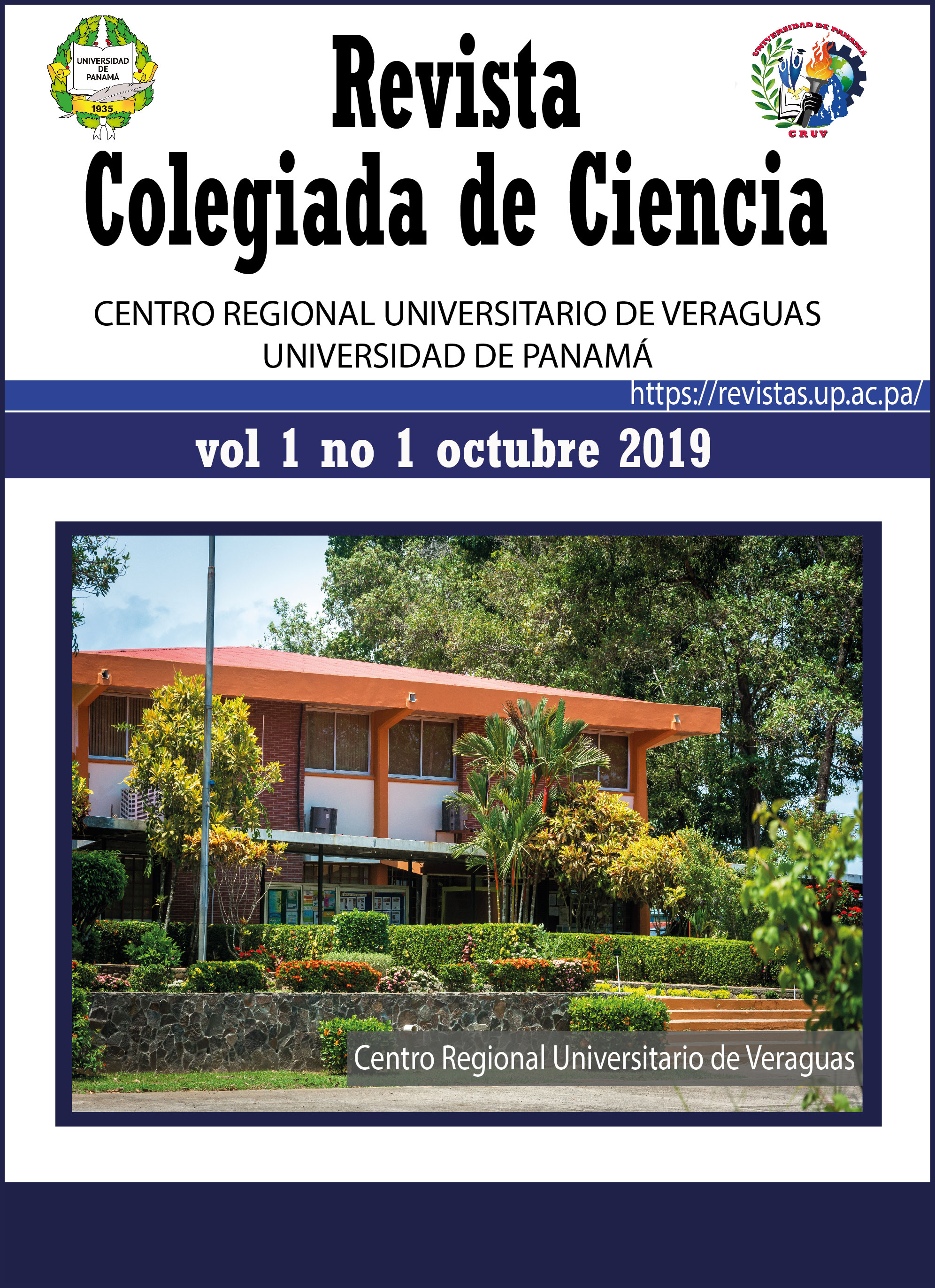

Three auto repair shops that had contaminated soil, because of the waste oil, were chosen in the region. Of soil samples were isolated bacterial strains in culture media, that were analyzed to determine their survival and degrading activity in oils. For the analysis, isolated bacteria with broth nutrient were planted in sterile glass containers and a small amount of waste oil was placed all over the samples. This system was incubated at room temperature (25-32 °C), until that the degradation of the oil in the surface was observed. In several of the vessels, which were left for up to two months at this condition, changes were observed. To try to identify strains that were positive, evidence of Gram staining, spores staining, and catalase test, were used. The results showed Gram-positive bacilli, spore staining was negative, aerobic growth and catalase positive. According to the results, in the three workshops, bacteria were obtained with similar characteristics. These bacteria may be useful in the biodegradation processes of contaminated environments with these chemicals.